The Access to Justice Community is well aware of the barriers and gaps in civil legal aid across the country. Justice barriers are highlighted again and again – most recently in the Measuring Justice For All report issued by the Academy of Arts and Sciences earlier this year. But what do barriers to justice really look like?
It means that if you can’t understand the legal forms, you can’t access your rights. If you can’t afford a lawyer, you often can’t access your rights. But it means much more than that. For example, Sophia wanted to rent an apartment, but was denied because of bad credit. When she investigated, she found that her credit history showed that she defaulted on medical debt incurred from a car accident 12 months earlier, but she had records to prove that she had paid off the debt on time. A debt collection agency had fraudulently filed a claim and sent notices to an old address. Without being present to defend herself, the court found her in default and dinged her credit. If Sophia had access to a civil attorney to defend against the false claims and repair her credit, she could be living in her first apartment near her job.
That is why we need widespread support for Governor Evers’ proposal to increase funding for civil legal needs by $4 million in general purpose revenue and an additional $1 million of federal TANF funding. As the State Bar noted in its support of this budget proposal, “Investment in civil legal aid is a wise investment for Wisconsin: for every $1 invested, Wisconsin’s civil legal aid providers obtain $10 for their low-income clients who are accessing their legal rights to child support, security deposits, jobs obtained, and more.” (Cale Battles, Rotunda Report, February 26, 2021). Additional savings will be seen in the court system because courts can operate more efficiently, and issues can be resolved without court intervention when the parties are informed and understand the proceedings. Finally, the governor’s proposal removes restrictions on what services can be provided and on funding caps to federal TANF funds, which will allow civil legal aid to be targeted to more needs like elder abuse prevention, veterans’ benefits and continued domestic violence services.
LIFT believes that justice barriers need to be addressed by a continuum of supports with multiple approaches and utilizing a variety of resources. LIFT’s Legal Tune Up is part of this continuum and an important tool. But there are hundreds of organizations across Wisconsin providing legal help, mediation and alternative dispute resolution, disability & health advocacy, and more to address the civil justice barriers. We need to support their work and the people they serve. Please take a moment to contact your legislator, or use the easy tool on the State Bar’s website (available to anyone) to register your support for expanding and strengthening access to justice with civil legal aid in Wisconsin. Thank you.
Very Truly Yours,
Marsha M. Mansfield
Director, LIFT Dane
(608) 898-3733

